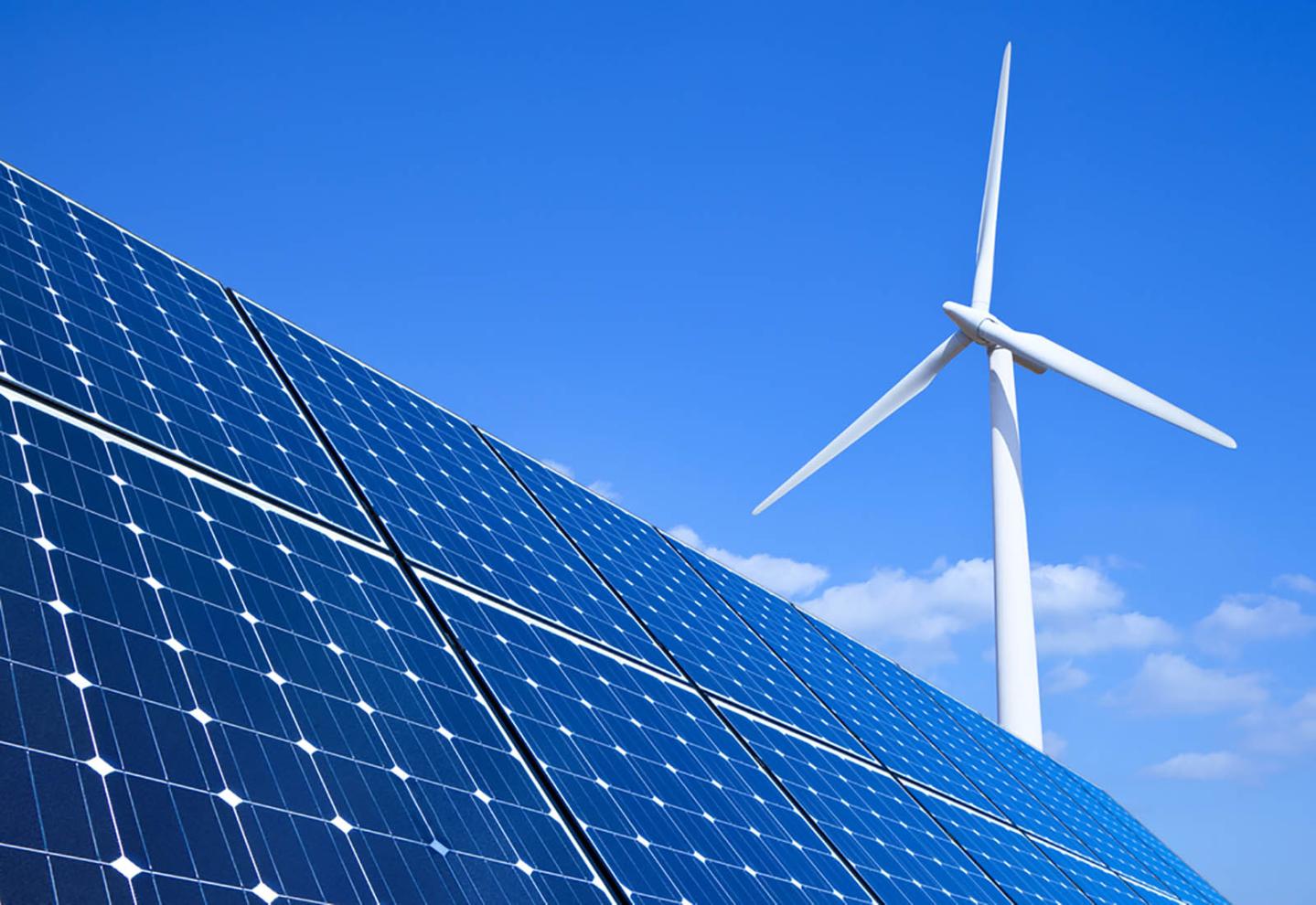How Much Money Can I Save by Switching to Renewable Energy?
With the growing awareness of climate change and the environmental impact of traditional energy sources, there has been a surge of interest in renewable energy. Switching to renewable energy not only reduces your carbon footprint but can also lead to significant cost savings.

Benefits Of Switching To Renewable Energy
There are numerous benefits to switching to renewable energy, including:
- Environmental benefits: Renewable energy sources such as solar and wind power do not produce greenhouse gases, which contribute to climate change. By switching to renewable energy, you can help reduce your carbon footprint and mitigate the effects of climate change.
- Financial benefits: In many cases, switching to renewable energy can save you money on your energy bills. The cost of renewable energy technologies has declined significantly in recent years, and many governments offer incentives and rebates for adopting renewable energy systems.
- Increased property value: Studies have shown that homes with renewable energy systems tend to have higher property values than those without. This is because renewable energy systems are seen as a valuable asset that can reduce energy costs and increase energy independence.
Calculating Potential Savings
The amount of money you can save by switching to renewable energy depends on several factors, including:
- Your current energy consumption
- Local energy rates
- The cost of installing a renewable energy system
- The type of renewable energy system installed
- The size of the system
- The efficiency of the system
- Local climate conditions
To calculate your potential savings, you can use a variety of online calculators or consult with a qualified renewable energy installer. Here is a step-by-step guide to help you calculate your potential savings:
- Determine your current energy consumption. You can find this information on your utility bill.
- Research local energy rates. You can find this information from your utility company or online.
- Get quotes from qualified renewable energy installers. Be sure to compare prices and services from multiple installers.
- Choose the right renewable energy system for your needs. Consider factors such as the type of system, the size of the system, and the efficiency of the system.
- Calculate your potential savings. Use an online calculator or consult with a qualified renewable energy installer to estimate your potential savings.
Factors Affecting Savings
The amount of money you save by switching to renewable energy can vary depending on several factors, including:
- The type of renewable energy system installed: Solar PV systems tend to have higher upfront costs but lower ongoing costs, while wind turbines have lower upfront costs but higher ongoing costs.
- The size of the system: The larger the system, the more energy it will generate and the more money you will save.
- The efficiency of the system: The more efficient the system, the more energy it will generate from the same amount of sunlight or wind.
- Local climate conditions: Areas with more sunlight or wind will generate more energy from solar PV systems and wind turbines, respectively.

By carefully considering these factors, you can choose the right renewable energy system for your needs and maximize your savings.
Long-Term Considerations
In addition to the immediate financial savings, switching to renewable energy can also have long-term financial and environmental benefits, including:
- Increased energy independence: By generating your own energy, you can reduce your reliance on the grid and become more energy independent. This can be especially beneficial in areas with frequent power outages or rising energy costs.
- Increased property value: As mentioned earlier, homes with renewable energy systems tend to have higher property values than those without. This is because renewable energy systems are seen as a valuable asset that can reduce energy costs and increase energy independence.
- Positive impact on the environment: By switching to renewable energy, you can help reduce your carbon footprint and mitigate the effects of climate change. This can have a positive impact on the environment and future generations.
Switching to renewable energy can provide numerous financial and environmental benefits. By carefully considering the factors discussed in this article, you can choose the right renewable energy system for your needs and maximize your savings. With the growing awareness of climate change and the declining cost of renewable energy technologies, now is the time to make the switch to renewable energy.
YesNo

Leave a Reply